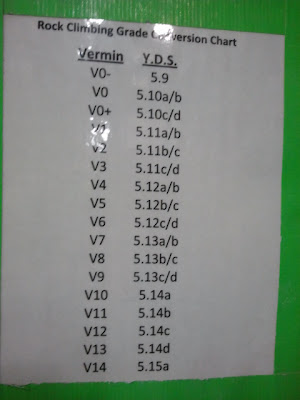The Free Software patent paradox
This is part of a 3 piece entry, the cover of which: free software patents and cosmos
paradox: a statement or proposition that, despite sound (or apparently sound) reasoning from acceptable premises, leads to a conclusion that seems senseless, logically unacceptable, or self-contradictory.I'll define the free software patent paradox as follows:
Due to the explosion, market use and leadership of free software and open source software we have created a great set of safe havens for free software and open source software developers to work in.You might think that this paradox might only make sense for those who understand and appreciate copyleft in the industry, that is, that BSD hackers could not be affected by all this, but that's not the case. If you don't care or understand the reasons for the advancements of copyleft today you can still easily get burned by the rules put in place at companies that have patents. The issue I'm trying to highlight then does not only affect Linux / GNU hackers, but also BSD and permissive licensed hackers. This might even hold true, although I'm certain to a lesser degree, for companies that provide devices with trusted boot images (addressed by the GPLv3), or web services code (addressed by the AGPL). It must be less of an issue for these companies as the licenses that could create a conflict for these companies such as the GPLv3 and AGPL are naturally less common than the combination of GPLv3, AGPL, and Apache 2.0 licensed projects put together, all of which address patents. There are tons of important projects licensed under the Apache 2.0 license. Don't take my word for the issues I'm saying exist for free software and open source software developers -- if you don't know what this is like go ask someone who works at a high patent portfolio owning company what it's like to get a better sense of what's required to contribute to any free software and open source software project, heck while at it ask what are the rules to contribute to Wikipedia.
- Who owns the copyrights to the software that Joe Hacker wrote prior to joining Yoyodyne, Inc?
- Who owns the copyrights to the software that Joe Hacker will write for Yoyodyne Inc?
- What software projects can Joe Hacker contribute to while at Yoyodyne Inc?
The situation is already a bit complex, now throw in patent considerations and things get even worse. I'm not going to get into the details and leave the considerations as an exercise for the reader. Remember that money talks and that companies and governments can toy around with our freedoms as they see legally fit, ethics can very easily simply be thrown out the fucking window. I will provide a clear conclusion and some advice for free software developers. The free software patent paradox does not need to be a paradox, you are a free person by nature! Don't set yourself up and don't go work for a prison, as you may easily simply get yourself locked up in there. The paradox does however present a serious problem in terms of evolution and the problem of creating more highly evolved business models that respect and take into serious consideration the evolution of freedoms in a more timely manner. In my next post I will explain why this is necessary.





Comments
I Never ever found such edifying blogs.
user experience design company
interaction design firms
branding agency San Francisco
UX design services
web design companies
experience design agency